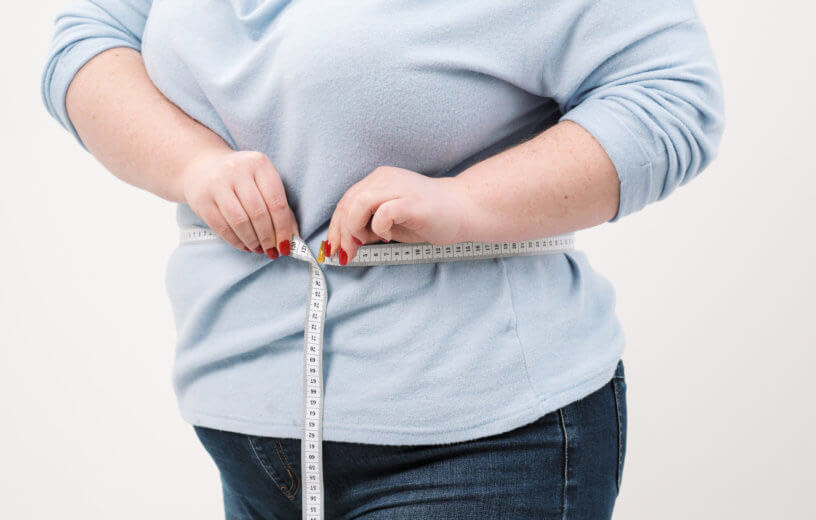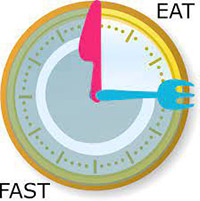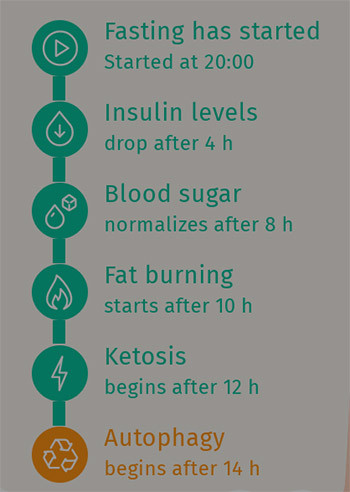
Intermittent fasting has gained popularity as a weight loss strategy, and some research suggests that it may be effective for both men and women. However, whether or not it is recommended for menopausal women specifically depends on various factors, including their overall health status and individual needs.
What is Intermittent Fasting?
Intermittent fasting involves restricting food intake for a specific period, followed by a period of normal eating. The most common approach is to fast for 16 hours per day and consume all meals within an 8-hour window. Another approach is to fast for 24 hours once or twice a week.
In terms of weight loss, intermittent fasting can be effective because it can lead to a reduction in overall calorie intake. However, it is important to note that menopausal women may experience changes in their metabolism and hormone levels, which could affect their response to fasting. Additionally, some women may have underlying health conditions that could make fasting inappropriate.
During a 16-hour fast, several changes occur in the body as it shifts from the fed state to the fasted state. These changes are a natural part of the body’s response to fasting and are designed to help the body maintain energy and function optimally.
Here are some of the changes that occur during a 16-hour fast:
- Insulin levels drop: When you eat, your body releases insulin, a hormone that helps your cells absorb glucose (sugar) from the bloodstream. During a fast, insulin levels drop, which can help improve insulin sensitivity and lower blood sugar levels.
- Glycogen stores are depleted: Glycogen is a form of glucose that is stored in the liver and muscles. During a fast, glycogen stores are gradually depleted, and the body begins to rely on fat stores for energy.
- Ketone production increases: As glycogen stores are depleted, the liver begins to produce ketones, which are molecules that can be used for energy by the brain and other tissues.
- Growth hormone levels increase: Growth hormone is a hormone that helps promote muscle growth and repair. During a fast, growth hormone levels increase, which can help preserve muscle mass and improve body composition.
- Cellular repair processes are activated: During a fast, the body activates a process called autophagy, which involves the breakdown and recycling of old and damaged cells. This process helps promote cellular repair and may have anti-ageing effects.
Overall, these changes can help improve metabolic health, reduce inflammation, and promote weight loss. However, it’s important to note that the specific effects of fasting can vary depending on factors such as the individual’s overall health status, nutrigenomics and diet.
How Does Fasting Effect Estrogen?
The effects of fasting on estrogen levels may depend on:
- the type of fast
- duration of the fast
- age
- sex
- overall health status
It’s also worth noting that while some decrease in estrogen levels during fasting may occur, it is unlikely to lead to negative health effects in most cases.
Menopausal women have low or no estrogen, so the effects of fasting on estrogen levels may be less significant compared to premenopausal women.
However, some studies suggest that fasting may have some other benefits for this population. A study published in the Journal of Nutrition found that time-restricted feeding (a type of fasting) led to improvements in glucose control and blood pressure in postmenopausal women.
Another study published in the International Journal of Obesity found that alternate-day fasting (ADF) improved insulin sensitivity and reduced inflammation in overweight and obese postmenopausal women.
What Fast is Right for Me?
The research is still coming and data from menopause groups and nutrition communities varied but it is gaining more popularity as an option for some women in the battle of the ‘Fat Around The Middle’.
More research is needed to fully understand the effects of fasting on hormone levels and the implications for women’s health.
Whatever fast you may decide to take on, be prepared and only under the guidance of a healthcare professional.



